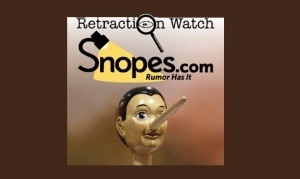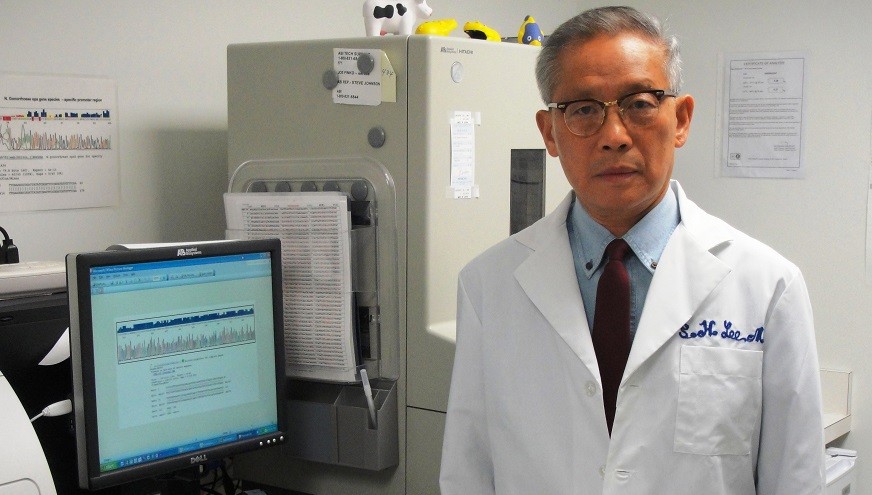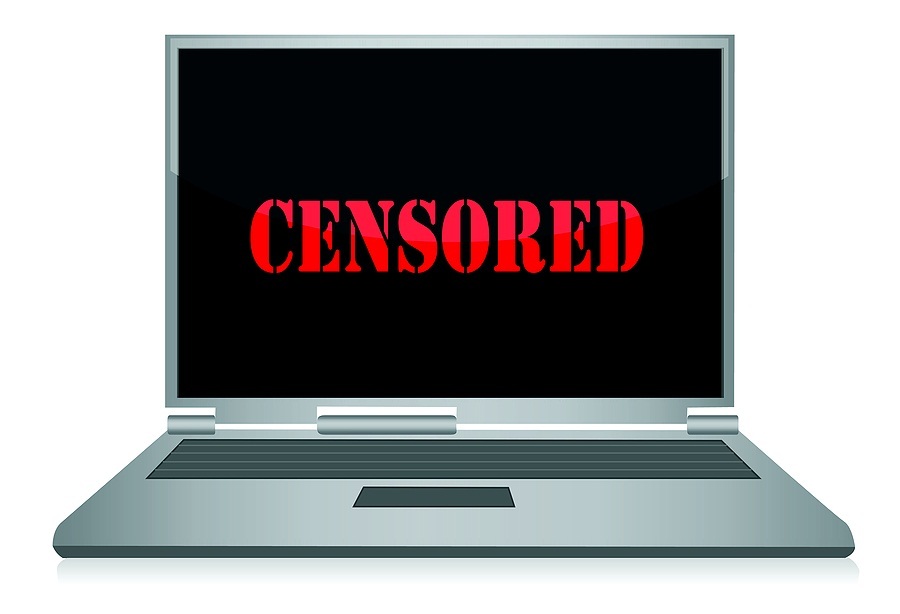Snopes and Retraction Watch Fail to Prevent Publication of Vaccinated vs. Unvaccinated Study
The first-ever study of vaccinated vs. unvaccinated American children (and a subset study) published two weeks ago in the peer-reviewed Journal of Translational Science have reappeared online after briefly disappearing while under fire from a small band of Skeptics and the staff at Retraction Watch, an organization that reports Science retraction news. Snopes, the fact-checking website, is still misreporting that the study has been retracted, even while it sits, published, in the science journal’s pages. It is a troubling saga unfolding in the scientific publishing world, and it is worth paying attention to because it’s revealing of powerful forces in that realm that are trying to censor scientific research and to shield important data from public viewing.





